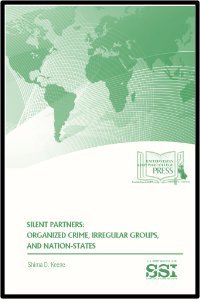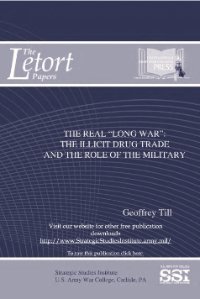By Ryan C. Berg
Key Points
Much of Brazil’s deadly urban violence is the direct result of territorial battles involving the country’s powerful transnational organized crime groups, many of which trace their origins to the country’s dangerous and overcrowded prisons.
The Primeiro Comando da Capital (PCC), or First Capital Command, took shape in São Paulo during the early 1990s, as inmates organized against poor prison conditions to impose order and preserve lives. Eventually, the PCC developed an ability to project its influence and control well beyond prison walls and into Brazil’s sprawling urban slums.
The PCC has vanquished many of its domestic rivals, enjoys a footprint in every state in Brazil, runs operations in almost every country of South America, and is now more globally minded than ever before, recruiting guerrillas from the Revolutionary Armed Forces of Colombia and Venezuelan refugees and partnering with European mafia groups and Lebanese Hezbollah.
Law-and-order strategies that “stuff” Brazil’s crowded prisons with new inmates may actually exacerbate the problem, given that the PCC has effectively converted the country’s prisons into logistical hubs and training centers of illicit activity. To fight the PCC, the US should designate it as a transnational organized crime group to confer the benefits of multiple pieces of legislation and seek extradition of key PCC leaders.
Washington, DC: American Enterprise Institute, 2020. 36p.







